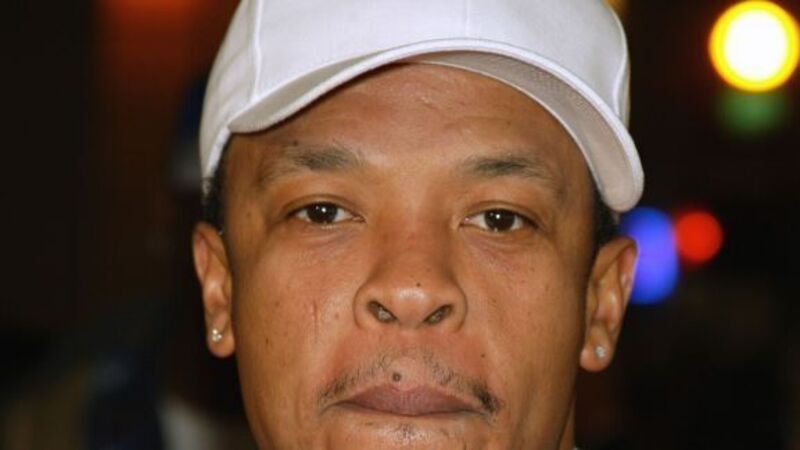Review: Dr Dre, Compton: A Soundtrack

That appearance broke a recording silence that went all the way back to the early 2000s, when Dre served as mentor to up-and-comers such as Eminem as well as basking in the ongoing glory of his genre-shaping albums The Chronic and 2001.
Since that halcyon period, the rhymer and producer credited with inventing gangster rap had moved onto a lucrative second career flogging outsized headphones (his Beats brand more or less owns the market in monster-proportioned cans).











